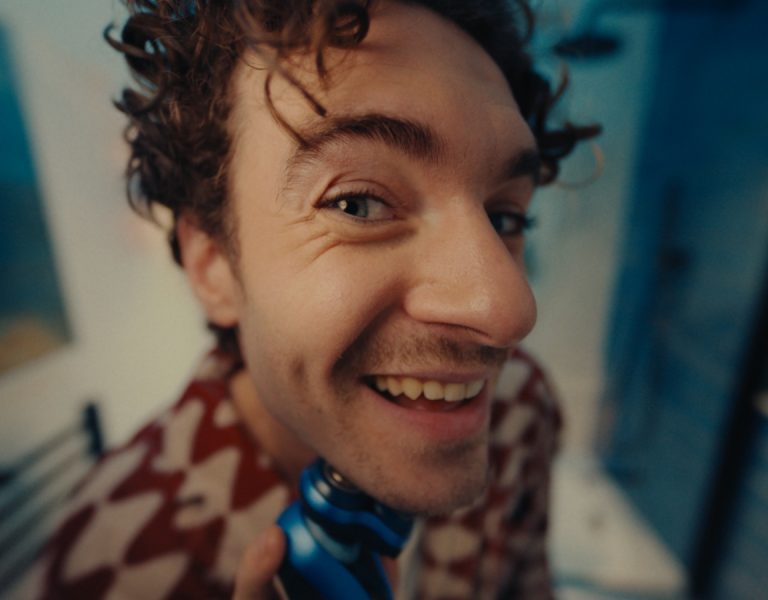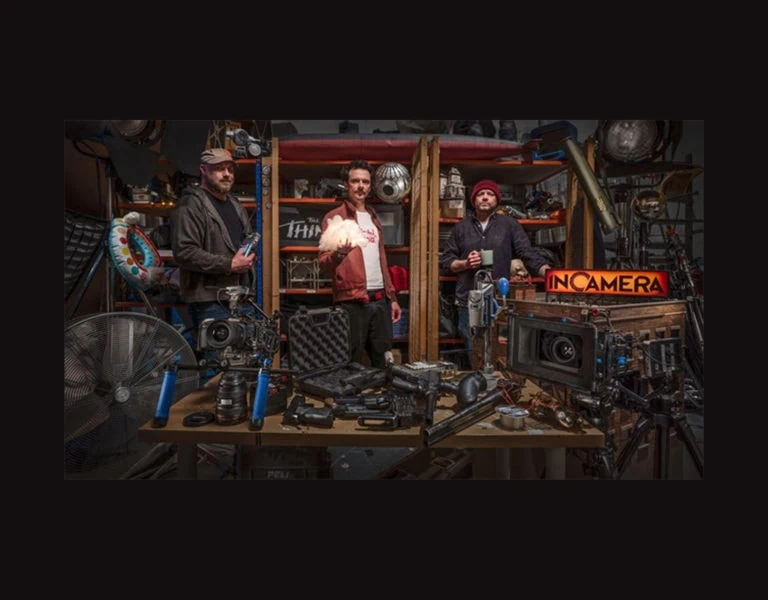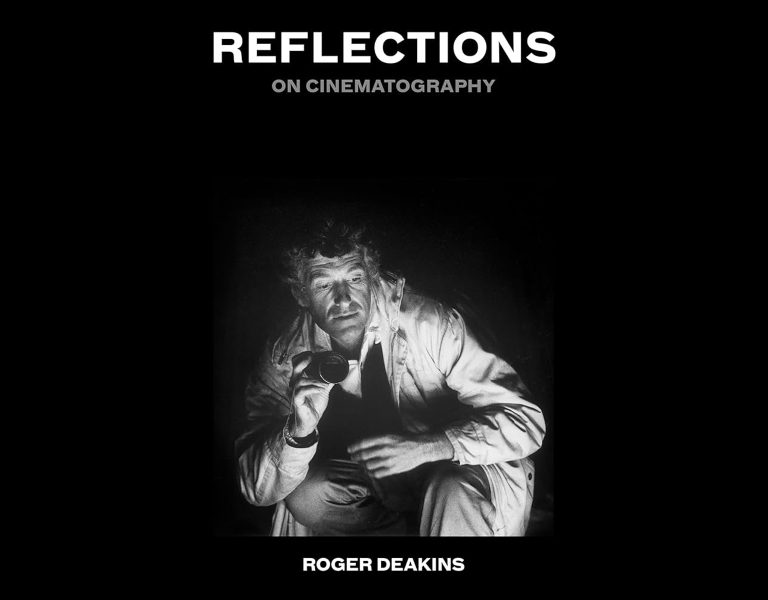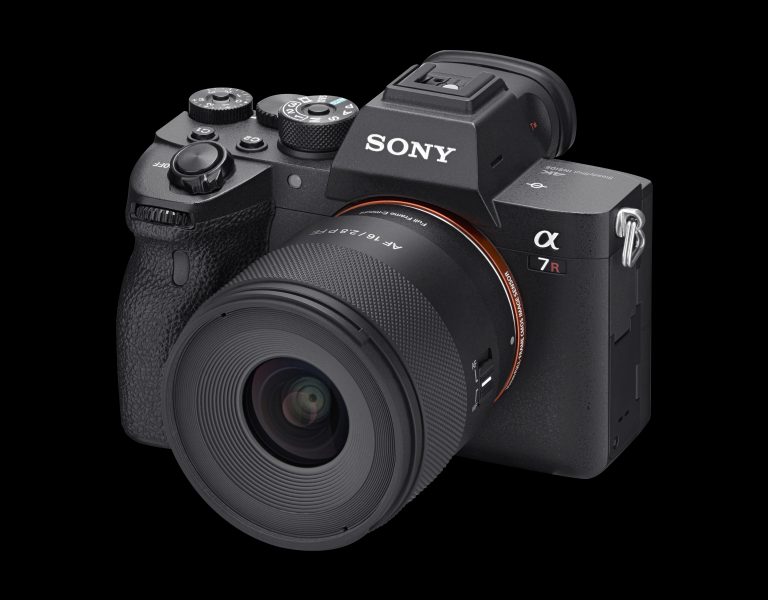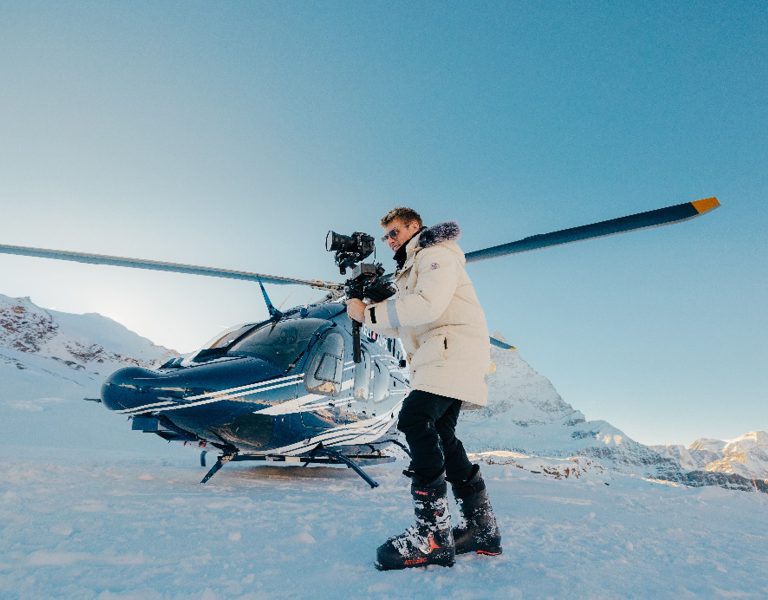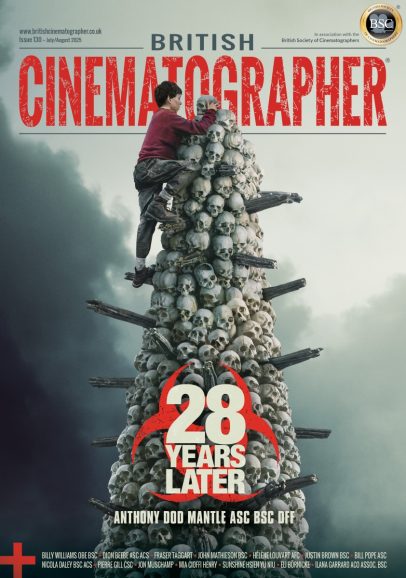Steve Conway: How do I start filmmaking with no experience?
Mar 1, 2024
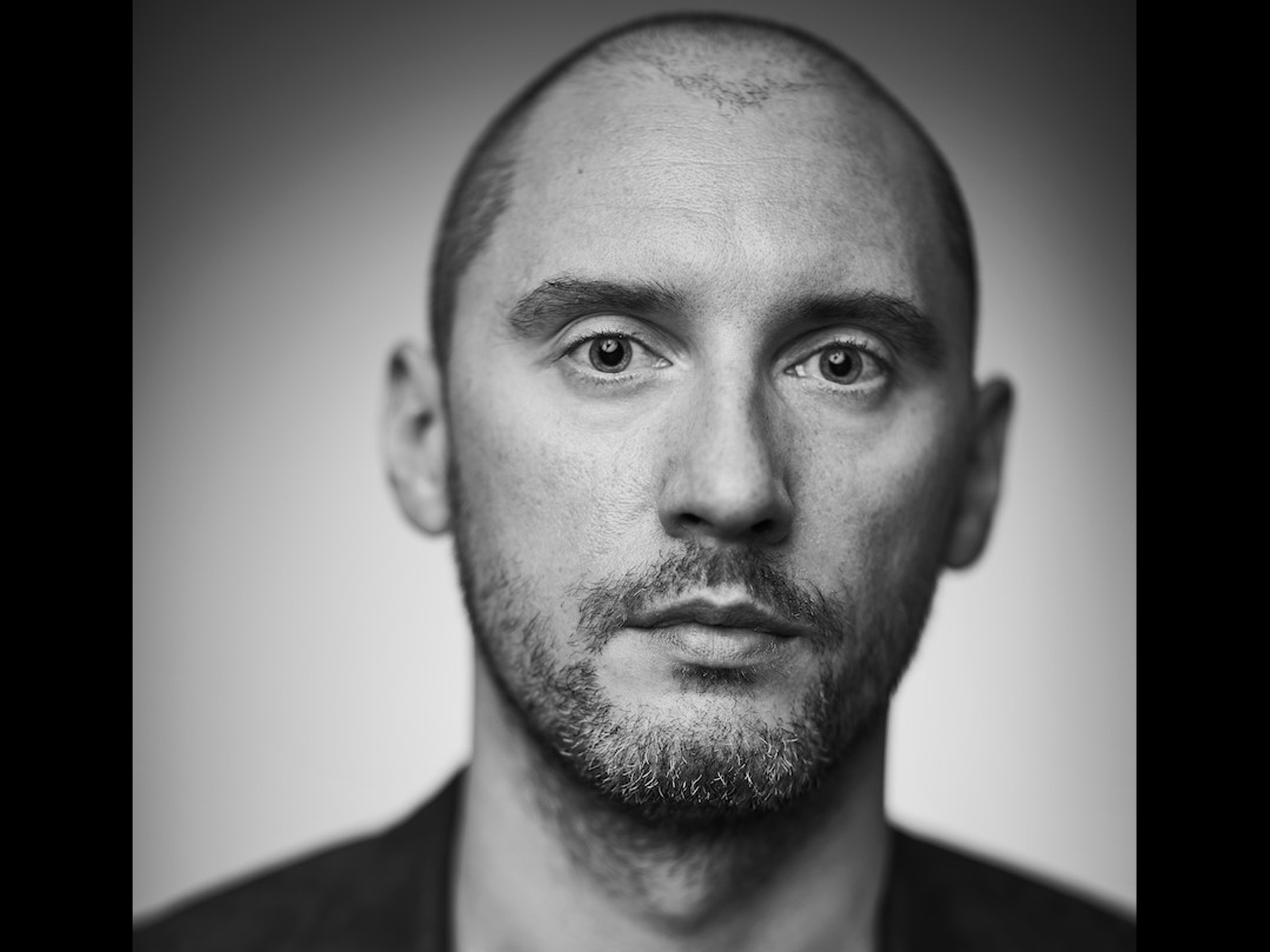
Embarking in filmmaking without prior experience might seem daunting, but it is an exhilarating path I have embraced as a self-taught filmmaker. Here, I will explore the area more, drawing from my own experiences along the way. So, if you have ever wondered how to dive into filmmaking with no prior experience, this could be quite insightful for you.
It should also be noted that this post concentrates on self-taught filmmaking and not on how to become a paid filmmaker; there is a difference, and each deserves its own focused consideration and individual discussion.
I never viewed the film industry as a realistic or viable path for me
As a child in 1990s London, growing up on a council estate in a working-class environment, I never viewed the film industry as a realistic or viable path for me. It certainly wasn’t a serious consideration suggested by those around me either, and I never knew anyone involved with that world. But, similar to those reading this I suppose, I have always been obsessed with films and cinema, starting from a very young age. Additionally, the UK film industry was often likened to a small, exclusive club, mostly for individuals from middle to upper class backgrounds. Entry into it often requires close connections, including a family relation, and outsiders aren’t particularly welcomed. How much this has changed in 2024 remains a subject open to debate.
It wasn’t until I was twenty-three, in 2007, and a strong desire to explore filmmaking prompted me to take a closer look at getting involved. Lacking guidance and contacts within that world, I decided to start by enrolling in basic filmmaking courses in London. I believed this was the best way to begin learning the craft, so I searched for affordable courses and enrolled in very short evening and weekend sessions.
I found that attending filmmaking classes wasn’t the right fit for me overall
But ultimately, I didn’t enjoy them. Don’t get me wrong, being around fellow students who shared my passion for films, engaging in conversations, and getting hands-on experience with proper equipment was enjoyable. However, I found that attending filmmaking classes wasn’t the right fit for me overall, and I soon abandoned them altogether, and from that point on I never studied filmmaking in any formal academic setting, like college, university, or at a film school.
In the end, I discovered that the most effective method for me was to get hold of a very basic SD camcorder, some entry-level video editing software on a half-decent computer, and then continuously film and edit video content. This self-taught approach seemed feasible given the available technology at the time, albeit minimal. Alongside that, I continued my “education” in filmmaking by religiously watching films, which has always been a passion of mine anyway.
Most of the time, I was on my own, experimenting with the camera, capturing footage, no matter how random, and gradually honing my editing skills on the computer.
My eventual path that led me into filmmaking on a larger scale was unexpectedly influenced by my venture into the world of stills photography. Initially, I assisted a photographer for a very brief period, and later, I worked at a photography studio for nearly four years, albeit not as a photographer, I should add.
During my years at that studio, being surrounded by stills photographers and aspiring ones, greatly influenced me creatively as a filmmaker. It pushed me to delve deeper into understanding cameras, lenses, lighting, composition, and framing of shots. I strongly advise any aspiring filmmaker to invest time in learning about stills photography. It significantly enhanced my filmmaking skills and played a pivotal role in shaping how I approached shooting my own projects later on.
I also never stopped making films in my spare time
Throughout this period, I also never stopped making films in my spare time – fiction, non-fiction, and finding any excuse to continue to film and edit footage.
Eventually, I took the plunge and ventured out as a freelance “filmmaker”, dedicated to creating online promotional videos for local businesses as my primary source of income. I really jumped in at the deep end there, and it is beyond the scope of this blog post to explore the intricacies of why and how I grappled with that plan from a moneymaking business perspective.
But, from a self-taught filmmaking point of view it was invaluable.
I had to learn how to function as a one-man-band operation, working quickly and managing multiple tasks simultaneously. This meant juggling various filmmaking aspects at once, such as: monitoring audio levels, overseeing the camera, ensuring focused shots, rapidly finding and setting up shots without storyboarding or seeing locations in advance, remaining aware of the surrounding environment (like traffic, crowds, or ambient noise), getting people talking on camera, and helping them feel comfortable to do so, and swiftly setting up and packing away equipment. Not to mention learning how to edit more effectively, tailored to the type of film, client objectives, and specific target audiences.
That experience ultimately became my training ground for eventually making my own feature film
This continued for three years, and unbeknownst to me at the time, that experience ultimately became my training ground for eventually making my own feature film. The next five years were then spent chipping away at that feature film, practically in the same manner.
One of the many reasons why I felt very early on that it was vitally important for me to teach myself how to shoot and edit films was so that I was not at the mercy of other people in order to get my own films made, and so that I could get on with things independently in order to keep moving forward.
I am not suggesting this approach is for everyone, and I do acknowledge why some might prefer attending film schools or similar institutions, and the benefits those places can offer. Among many other things, these places presumably cover aspects that self-taught filmmakers might easily overlook, crucial elements just as important as directing, shooting, and editing, which film schools offer a structured approach to understanding.
The reason aspiring filmmakers often overlook these aspects is that they aren’t centered on the “creative” side of filmmaking. I am referring to elements like networking, understanding industry workflows and best practices, potentially exploring the overall business side of filmmaking, and even understanding the distinction between just wanting to make films and then wanting to make films for a living, along with the tradeoffs associated. I am sure that many “creative’s” will admit these other aspects are not their forte. No doubt film schools also offer access to high-end current equipment, gaining hands-on experience with these tools, and possibly securing job placements within the industry. This doesn’t even address other important aspects like the structure of writing and storytelling, marketing, and distribution.
These are just a few of the many areas aspiring filmmakers should be aware of.
To a certain extent these areas can also be self-taught outside of attending film school as well of course.
The important thing is to begin making films
It is understandably overwhelming for aspiring filmmakers to address all these aspects, especially at the start, and the deeper you dive the more there is to understand. It is important not to let all of this hinder your passion for making films. However, it would also be wrong to completely disregard these other areas as time goes on.
Initially the most important thing is to begin making films in some way, shape or form. There is never a perfect time and you don’t need any experience, the right connections, or a ton of money to just start.
To simplify it, begin with whatever you have around you right now and embrace it; even mobile phones today have better video capabilities than the SD camcorder I started with many years ago, and most computers come with basic video editing software of some sort.
Film and edit content as much as you possibly can – I cannot stress this enough, no time spent filming is ever a waste. While certain filmmaking structures will need to be picked up and aligned with along the way, begin by finding your own voice, style, and the type of filmmaking that excites you, including writing as much as you can as well, show stuff you make to other people, get feedback, immerse yourself in discovering the wealth of information available to indie filmmakers and also become inspired by other art forms and aspects of life.
It sounds obvious, but you learn best by doing and making a ton of mistakes, which never ends. It is better to get some of those mistakes out of the way early on when there is no pressure or expectations on you.
While talent is undoubtedly advantageous…it amounts to little
I believe a significant part of it also comes down to your determination.
While talent is undoubtedly advantageous, among other factors, it amounts to little if you lack the hunger and persistence to succeed (however you define success?). This hunger could be the defining factor that sets you apart from 99% of others in the same boat as you.
It took me fourteen years; from the moment I started delving into filmmaking more seriously, to the point where my debut feature film aired on UK television and various online streaming platforms. Interpret that as you wish, much occurred in-between, and there are certainly other variables to consider, but ultimately this was through self-taught filmmaking. I am not aiming to suggest if this is a success or failure; there are as many negatives as positives. However, the core message of this blog post remains: self-taught filmmaking is a viable option. It may not be suitable for everyone, and there are distinctions to consider, and many other things to factor in, but it is an achievable path.
Do I Need a Professional-Grade Cinema Camera to Make a Film?
Like most dedicated filmmakers, I shared similar equipment concerns when I set out to create my first feature-length film. This topic is a common point of discussion among fellow creators. Dive deeper into equipment considerations by downloading my free, concise 4-page PDF guide, available here.
–


